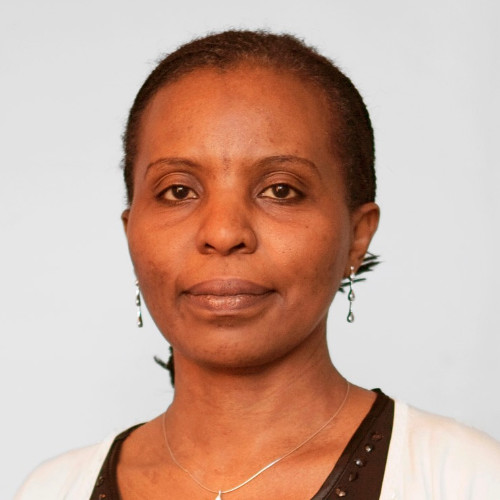
With pervasive corruption taking many forms, it’s important to understand the causes and work being done to combat it. In honor of International Anti-Corruption Day, we asked some of our experts about their experience.
Chantal Uwimana
Team Leader, Anti-Corruption – USAID Mali Justice Project (MJP) – 30 years of anti-corruption experience
How do you define corruption?
Corruption has been defined by organizations such Transparency International as “the abuse of entrusted power for private gain.” However, it is interesting to note that in the UN Convention on Corruption, there is no definition of corruption, but rather a scope of application. The same holds with the African Union Convention on Preventing and Combatting Corruption and Related Offences.
To me, this is a recognition by those who negotiated the two Conventions that the simple fact of defining corruption actually limits the scope of anti-corruption!
How has corruption manifested itself in the communities you’ve worked in?
Corruption manifests itself in many ways: embezzlement, nepotism, pure racket by public agents, etc. In the work we do at MJP, we focus on corruption alongside trade corridors in the Sikasso region in Mali. Here, it is mostly petty corruption that is the widely spread form of corruption we see. Basically, police/ customs/gendarmerie officers abuse their “power” and “authority” to force trade corridors users – drivers, traders, transporters, and ordinary travelers – to pay small amounts for no reason.
There are also traders who are ready to “negotiate” tax reductions with public agents in exchange of goods or money (smaller amounts than the tax due legally)
In other places I have worked in before, corruption manifested itself in various ways: sexual favors by students to get good school reports; absenteeism (silent corruption) by teacher who prefer to engage in business during work hours for which they are paid as teachers; votes buying by candidates to political positions, and beyond.
Describe one innovation in your project work that has led to a reduction in corruption or a strengthening of institutional integrity.
….very soon we will organize a Hackathon to develop a mobile application for trade corridor users to immediately report instances of corruption they witness or they are victims of.
However, in the context of Mali, the Citizens Advocacy Offices operated by MJP partners in Sikasso as can be considered as innovations, in addition to the watch cells coordinated by the Sikasso Platform for the free movement of persons and goods. It is indeed a new thing to provide victims of corruption with legal assistance and empower them to stand up to corruption.
What are some of the core best practices you have learned from your experiences?
All my anti-corruption experiences have been in Africa where corruption is considered to be systemic. Therefore, many stakeholders have come to understand that to fight corruption in Africa, it is hopeless to solely rely on “political corruption,” but rather it is of utmost importance to mobilize citizens against corruption. The practices in this respect are those that build coalitions against corruption at all levels. I always find the use of ICTs to complement the work done by citizens in their communities very rewarding. It is a very good way of empowering those who want to engage in anti-corruption while at the same time avoiding putting their lives at risks.
What are some of the challenges you have encountered and how did you work through them?
The biggest challenge is helping citizens overcome fear and lack of trust in public institutions in charge of anti-corruption. This require intensive sensitization. but also devising a robust communication strategy to showcase success – no matter how little – with the view of making people realize that it is possible to minimize opportunities of corruption.
I have also learned that in this work, patience and perseverance are key. It is indeed vital to keep in mind that fighting corruption requires behavior change and that this cannot be achieved overnight.
How does anti-corruption work to support a country’s journey to self-reliance?
Corruption deviates public resources into the hands of the few. Anti-corruption aims at ensuring that those resources are used for the development of the country. In doing so, it is a contribution to reducing inequalities and promoting social justice. In Africa, for example, there are estimates of huge amounts of resources being lost due to corruption. The Illicit Financial Flows out of Africa as estimated to be much higher than the development of aid flowing into Africa. If these where stopped it is not only self-reliance, we would achieve, but indeed a higher sense of dignity
What does a corruption-free world look like? How do we accomplish this?
Realistically speaking we might never achieve a corruption-free world. However, we can drastically reduce corruption. Particularly the corruption that affects the poor. We can accomplish this by promoting transparency, participation and accountability. This will require ensuring that anti-corruption is no longer used as a “tool” to “please” development partners BUT is owned by citizens who are both victims and perpetrators of corruption. “Together against corruption” should no longer remain a slogan, but become a reality.